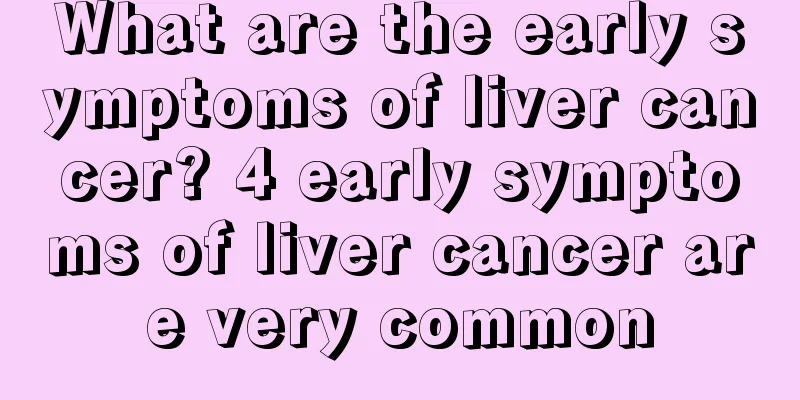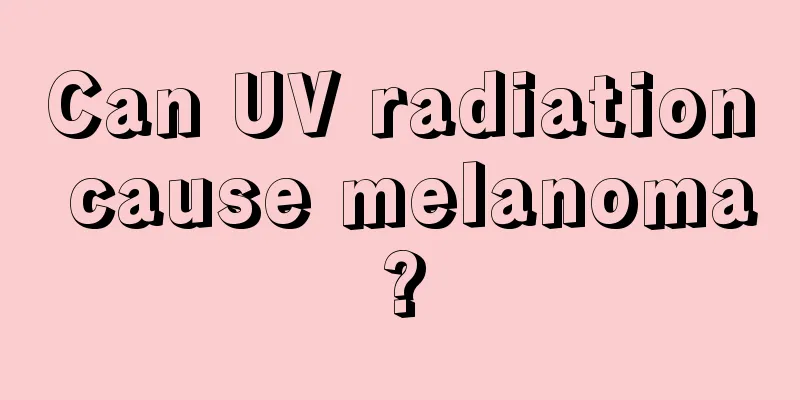What stage is the lymph node metastasis of kidney cancer?

|
Renal cancer lymph node metastasis generally belongs to stage III and stage IV. Renal cancer is usually divided into four stages, and the specific stages and treatments are as follows: 1. Stage I: The tumor is small in size. Cancer cells are the least aggressive at this stage. The disease is localized and does not involve metastasis. Surgery is the first choice for treatment. 2. Stage II: The tumor volume increases, generally > 7 cm, but there is no lymph node or distant metastasis. Surgery can be used in combination with human interferon and sorafenib tosylate tablets. 3. Stage III: Renal cancer is a malignant tumor originating from the urinary tubular epithelial system of the renal parenchyma. Common clinical symptoms include low back pain and hematuria. Stage III renal cancer is generally confined to the kidneys and accompanied by regional lymph node metastasis. Generally, there is no distant metastasis. It belongs to the middle stage of renal cancer. Surgery is the first choice for treatment. The scope of surgery should include the affected kidney, ipsilateral adrenal gland, perirenal fat, and perirenal fascia, with or without lymph node dissection. Postoperatively, it can be combined with biological immunotherapy such as interleukin-2 and interferon. 4. Stage IV: If a kidney cancer patient is found to have lymph node metastasis during CT or MRI examination, and the tumor invades the main veins, perirenal tissues, exceeds the perirenal fascia, or metastasizes to distant lungs, it is stage IV, which is the advanced stage of kidney cancer. It is recommended that patients receive targeted therapy first, and if a good effect can be achieved, tumor reduction surgery can be performed at an appropriate time. The treatment of advanced kidney cancer is mainly based on anti-vascular targeted drug therapy, and under the guidance of a doctor, drugs such as sunitinib malate capsules, anlotinib hydrochloride capsules, and everolimus tablets can be used for combined treatment. Clinical diagnosis requires puncture and pathological examination, and pathological staging is also needed to assist clinical treatment. Currently, the treatment of advanced renal cancer includes a variety of methods to maximize the benefits for patients and reduce their psychological and economic burdens. Patients should also pay attention to rest, nutrition supplementation, and relaxation in their daily lives. |
<<: Can I smoke if I have rectal cancer? Does it have any effect?
>>: What are the early symptoms of pancreatic cancer
Recommend
Can intervention cure liver cancer?
If the patient is in the early stage of liver can...
What are the symptoms of gallbladder mud stones?
Gallbladder mud-like stones are a relatively comm...
What are the benefits of drinking Pueraria flower soaked in water?
Kudzu is a natural legume plant, and kudzu flower...
I got pregnant and had a medical abortion
Although pregnancy is a pleasant surprise for man...
How to prevent the sequelae of cerebral infarction?
Various diseases in modern life are very harmful ...
Is sigmoid colon tumor serious?
Sigmoid colon adenoma is also cancer, a type of c...
What to do if shoes rub heels and cause blisters
Many people try on shoes before buying them. It&#...
What are the advantages of percutaneous interventional treatment for liver cancer? Here
The advantages of percutaneous interventional tre...
Fish Oil Lecithin
Speaking of fish oil lecithin, many friends think...
How to care for sensitive skin, a care guide will help you
Daily care is very important for sensitive skin. ...
What should I do if my liver function is abnormal?
The presence of big three positive still poses a ...
Several harms of staying up late
Nowadays many people like to stay up late because...
What are the symptoms of bladder cancer
In recent years, bladder cancer has become one of...
Suffering from ovarian cancer, fortunately met Wang Guimian
Patient: Xing Baozhen, 52 years old, farmer from ...
What tests can confirm liver cancer? Introduction to 7 liver cancer tests
With the development of modern medicine, the rese...









